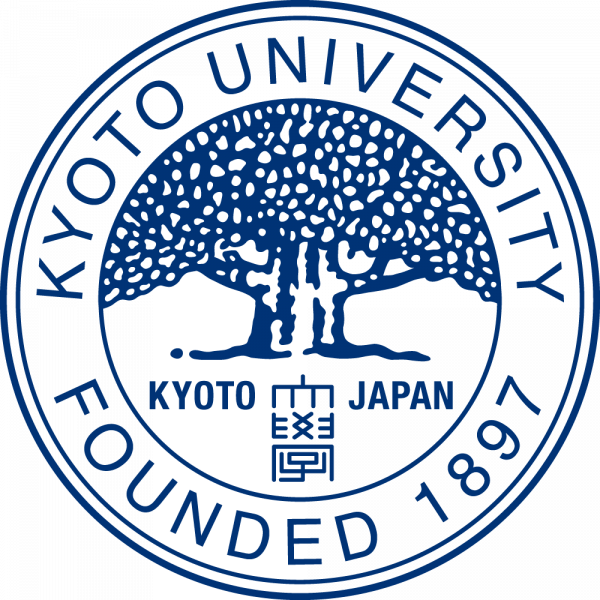Under the government strategy, the following seven areas have been designated as key targets for enhancement. These areas are crucial for material innovation, providing significant value in societal implementation and essential technological fields that our country must genuinely develop. The responsible hub institutes will take the lead, actively promoting collaboration between institutes and across domains. They will focus on collecting, accumulating, and structuring data to contribute to outcome generation through effective data utilization.
|
Materials allowing high-level device functions to be performed
|
-
Hub Institute: Tohoku University
Advanced devices composed of a variety of materials, structures, and processes are essential for the widespread adoption of IoT, leading to the creation of new value and industries. By organically linking the characteristics of hub and spoke institutes, we will develop a shared facility group that caters to a wide range of materials, including functional materials. This will create an environment for collecting and utilizing material data, aiding in the examination of optimal combinations of materials, structures, and processes. This initiative will contribute to data-driven research and development of advanced devices such as cutting-edge MEMS and power electronics.

| Materials Enabling Innovative Energy Conversion |
- Hub Institute: The University of Tokyo
-
The development of highly efficient and functional energy materials is directly related to overcoming environmental and scarce resource issues and achieving carbon neutrality. In order to address these issues through collaboration among hub and spoke institutes, a new research structure will be established that integrates mdx (data-driven society creation platform) in addition to advanced microstructural analysis and microfabrication technologies. This will create an environment for sharing advanced analysis and processing technologies, collecting, storing, structuring, and utilizing data, and contribute to data-driven research and development of materials that enable innovative energy conversion, such as solar cells and thermoelectric devices.

Materials using quantum and electronic control to perform innovative functions
|
- Hub Institute: National Institute for Materials Science
-
Quantum and electronic technology is one of the most advanced fundamental technologies that will play a key role in the realization of Society 5.0, and is an innovative technology that is indispensable for the rapid development of the economy and society in the future.In this area, the hub and spoke institutes will share their unique analytical equipment and advanced microfabrication technologies, and strongly promote the collection, accumulation, and structuring of material data to contribute to data-driven research and development of quantum and electronic materials that will manifest innovative functions such as quantum sensors, photonic devices, and single-electron devices.

Advanced materials recycling technologies
|
- Hub Institute: National Institute for Materials Science
-
Technologies for material recycling, such as reduction, substitution, and reuse of materials and effective use of unused resources, are indispensable to realize a sustainable society. In this area, through the shared use of various advanced equipment owned by hub and spoke institutes, we will support material recycling by synthesizing materials derived from alternative and recycled materials, visualizing catalytic reactions that contribute to material reduction, and we also contribute to data-driven research and development of sustainable materials by efficiently collecting, accumulating, structuring, and utilizing the data generated.

| Next Generation Biomaterials |
- Hub Institute: Nagoya University
-
Biomaterials are one of the most advanced basic materials that are indispensable for building a sustainable society in which each individual can realize individual and varied happiness, and their research and development is accelerating in a very wide range of fields from white biotechnology to red biotechnology. In this area, in addition to the world's leading-edge shared facilities for synthesis, processing, and structural analysis owned by the hub and spoke institutes, we will contribute to data-driven biomaterials research and development by creating an in vivo experimental environment, generating, collecting, storing, and structuring high-quality data, and establishing an environment for data utilization to support biocompatibility validation.

| Next Generation Nanoscale Materials |
- Hub Institute: Kyushu University
-
Hub and spoke institutes with a strong track record in nanoscale materials and nanostructured materials, a treasure trove of materials needed to realize the SDGs and Society 5.0, will collaborate to provide support. In addition to the support infrastructure for synthesis, analysis, and material function development that has been cultivated to date, we will develop new support functions for shared use, such as multifaceted data collection including synchrotron radiation and advanced data analysis based on the fusion of informatics and advanced measurement. Through research support, we will generate high-value data linking the structure, properties, and processes of materials, and contribute to data-driven research and development in the nanomaterials field, where nanotubes, nanosheets, and other nanostructured materials express functions.

Multi-materialization technology / Next-generation high-molecular materials
|
- Hub Institute: Kyoto University
-
In this area, targeting next-generation polymer materials and multi-materials that exhibit unique properties including high strength, biodegradability, biocompatibility, and self-healing, which are the key to material innovation, we will contribute to data-driven research and development. This includes the realization of circuit-integrated chemical analysis devices and biofunctional chips through the shared use of equipment and technical representation of processing, analysis, and structural analysis facilities owned by hub and spoke institutes.







